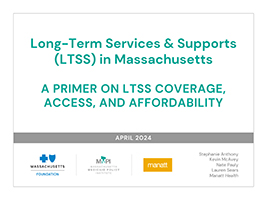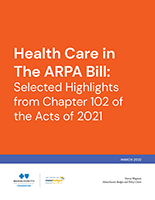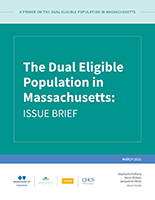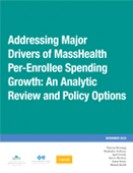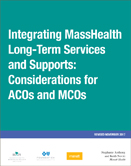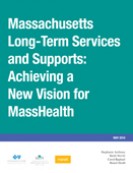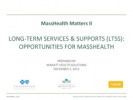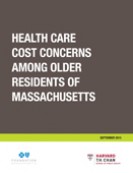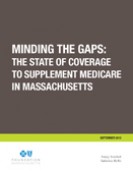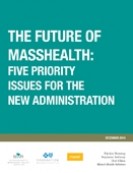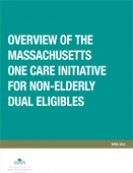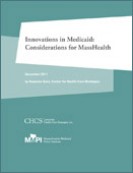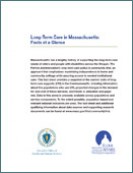What to Know About One Care: A High-Level Overview of its Upcoming Transition

In 2013, Massachusetts launched One Care, an integrated care program that serves dual eligible individuals with disabilities age 21 to 64 (at the time of enrollment). One Care aims to coordinate Medicare and Medicaid benefits, streamline services and financing through a single health plan, and help its members live independently and thrive in the community. The program serves around 42,000 dual eligible members in Massachusetts.
The federal authority under which One Care has operated is ending as of December 31, 2025. The Commonwealth will need to transition the program to a new authority. While the One Care program itself will remain, operating it under a new authority with different rules and structures means there will be some program changes. However, Massachusetts has designed a plan to preserve the care model and benefits of One Care, and adopted alternative approaches to providing as integrated an experience for members as possible.
The purpose of this report is to provide background on the One Care program as it exists today and to educate policymakers, advocates, and other stakeholders of One Care’s upcoming transition to a new federal authority.

